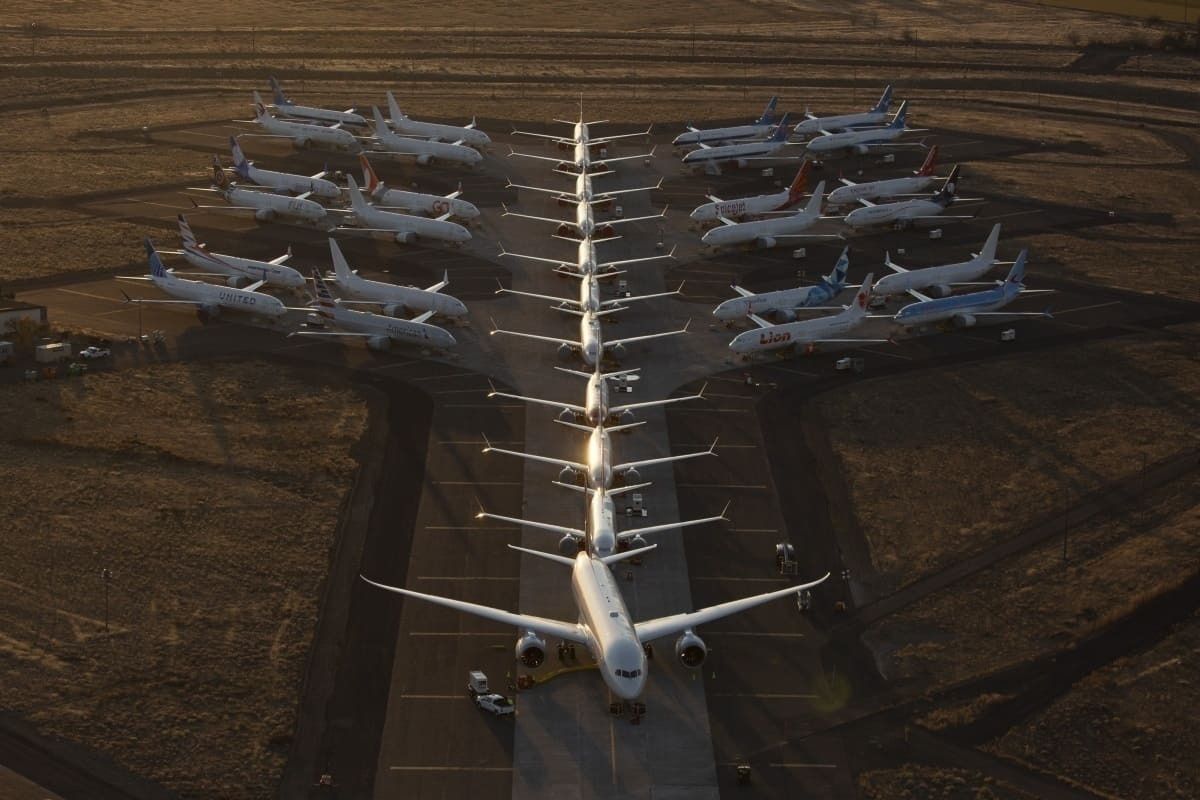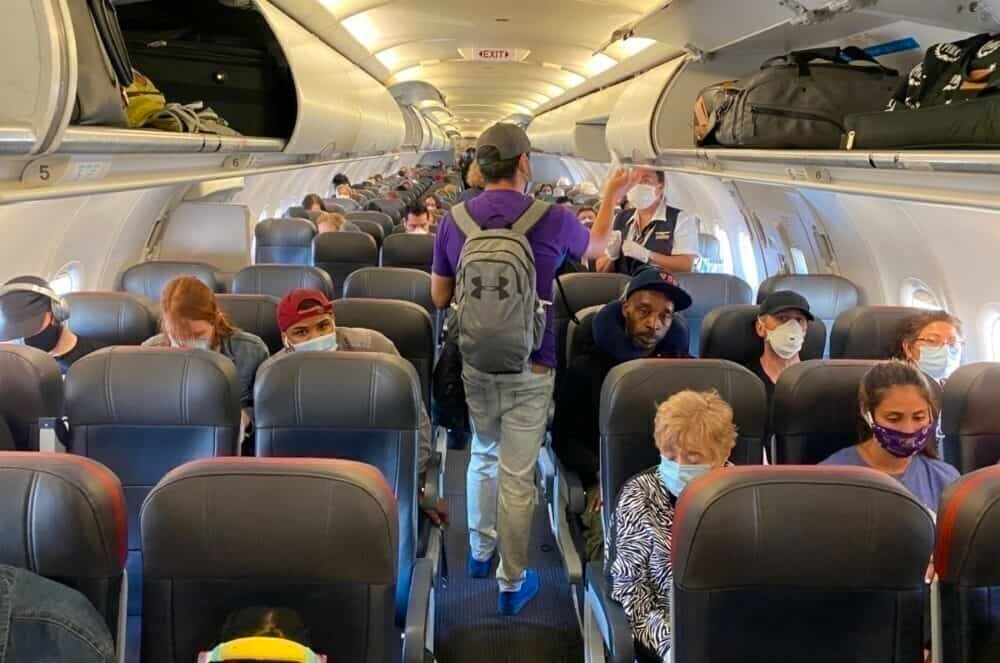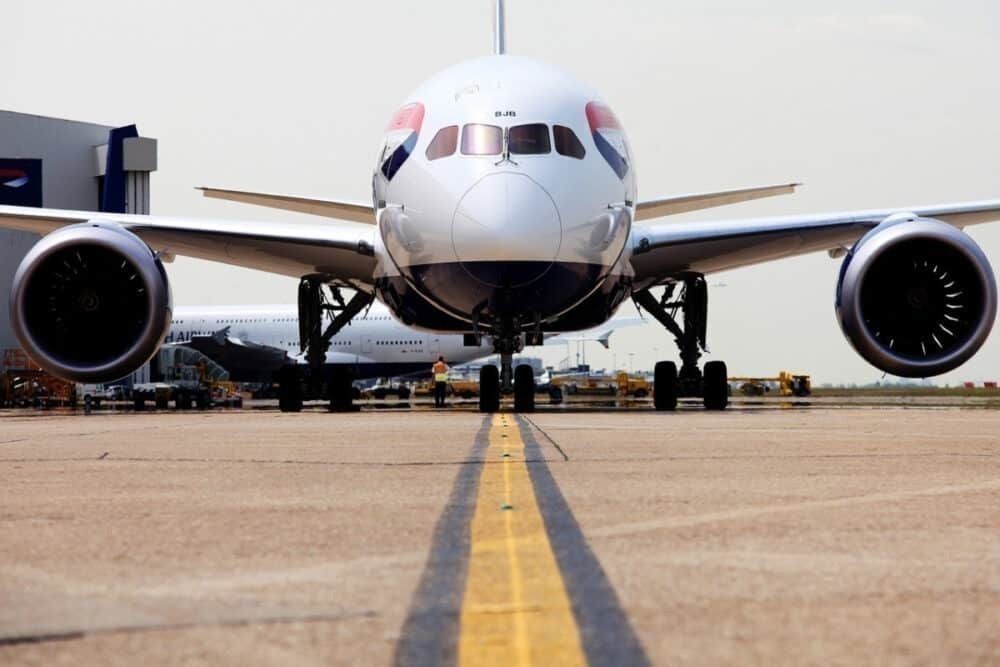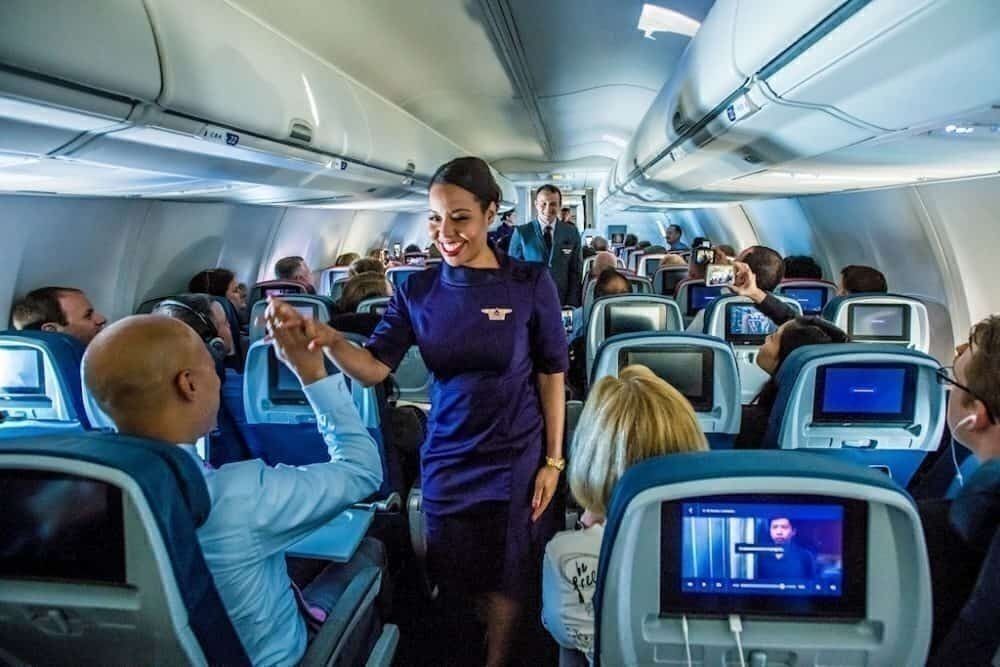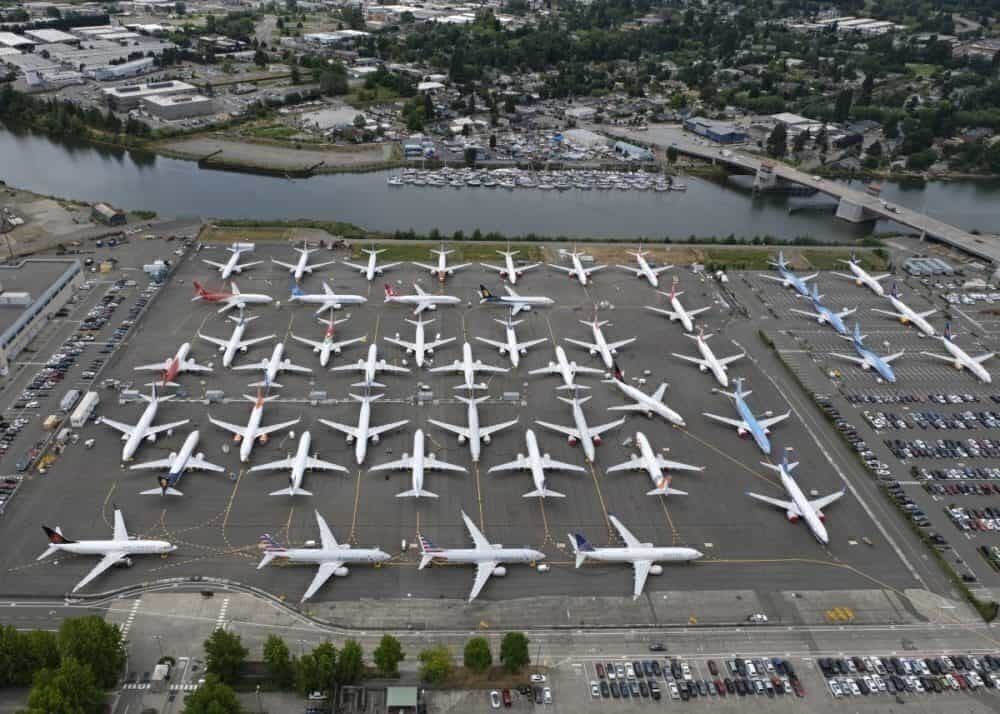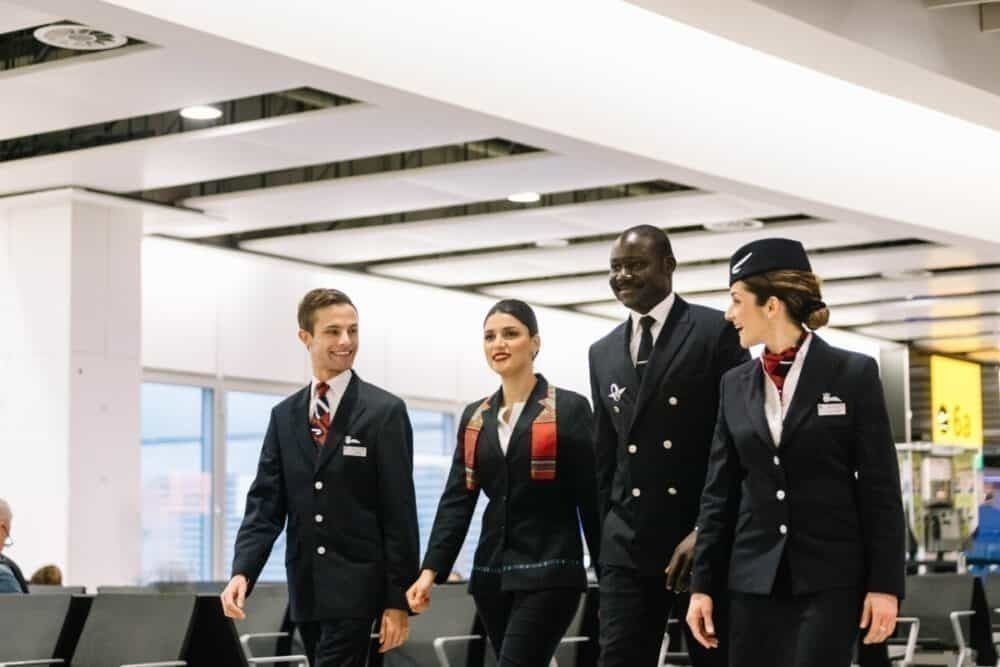With fifty years of experience in aviation crisis management, few people are better positioned to comment on the current state of affairs in the industry than David A. Banmiller. Simple Flying was fortunate enough to have an in-depth conversation with him on the future of the industry, what airline CEOs need to focus on in times of crisis, and why bankruptcy, when done right, is not necessarily a bad thing.
David Banmiller is known as the "Airline Doctor," having taken three airlines through bankruptcy proceedings. Former CEO of Pan Am, Sun Country, and Aloha Airlines, he has over fifty years of crisis management experience and continues to serve as an aviation and reorganization consultant. His book "Turbulence: Fifty Years on the Leading Edge of the Airline Industry" was just published in March this year.
Stay informed: Sign up for our daily aviation news digest.
Chapter 11 an opportunity when done right
Airlines have been falling like dominoes in the wake of the coronavirus pandemic; the toughest crisis ever to hit commercial aviation. Smaller regional airlines such as US Compass, UK's Flybe, and Swedish BRA have faltered, but major carriers such as Avianca, LATAM, and THAI Airways have also filed for restructuring and bankruptcy protection. While this may seem ominous, Mr Banmiller says it is not inherently so.
"Bankruptcy is not necessarily a bad thing. It is designed to fix a company and not destroy it. So there is Chapter 11, which is to reorganize, and there is Chapter 7, which is to liquidate. Let's stick with Chapter 11. It is designed so that you can restructure your debt and your contractual obligations, whether that be with unions, pension funds, lessors, airport authorities, vendors, etc.
"In the case of Aloha airlines, for example, we were paying double market rate for aircraft, and I can guarantee you that in today's world airplanes are being leased above market, so what airlines will be able to do in the bankruptcy process is to check box A or box B. Option A is we are going to keep your airplanes at this new rate, and B - here is your airplane. And that gives the airlines powers they don't have today.
"Airlines can come out stronger. Painful for shareholders, but its an opportunity for people to kind of clean up the past. And in today's environment, its a pretty good opportunity. Bankruptcy is not bad, but you gotta do it right, with the right lawyers and the right leaders."
Vaccine and passenger perception are key
Boeing CEO Dave Calhoun recently came under a bit of fire for suggesting that a major US airline could fail as a result of the crisis. Mr Banmiller said that this scenario is "more than possible," and that there are two key elements that will decide the level of recovery. This, in turn, will determine who might have to enter bankruptcy protection in order to survive.
The first factor is the tangible scientific efforts towards finding a vaccine. The second is passenger perception, meaning the importance of people beginning to travel again and then telling others it was not so bad or different or dangerous after all. However, there is also the yet unknown economic fallout of the lockdown to be taken into consideration.
"Personally, I think more airlines will file for bankruptcy because we have yet to see the economic impact of things such as unemployment levels, disposable incomes, all kinds of consumer-related issues, etc."
European landscape will shift in six months
While Mr Banmiller did not mention any specific US carrier that could be up for restructuring by name, when asked about potential consolidation on the European continent, he says that,
"Norwegian is probably in for something, although I am not sure what, but they are probably a target."
Furthermore, he believes that the European commercial aviation landscape could shift substantially within the next six months. Potentially, there could be more models emerging resembling that of IAG, the holding company that owns British Airways, Aer Lingus, Iberia, and Vueling.
"Within the next six months, by the end of this year, the landscape will be very different than what it is today. Those with sufficient assets, liquidity, might be able to pick up another carrier going through the bankruptcy process.
"People ask if IAG could potentially let one of its carriers go, but I think what Willie Walsh has done was very smart. You acquire carriers, but then you set up a holding company and keep them operating independently. I think that we might see some of that."
However, Mr Banmiller is firmly against government interference as a result of rescue efforts. He says that it makes it impossible to get things done because politicians think in political terms. For instance, the conditions of the CARES act dictating scheduling, which is one of the most complex issues in the business or attempts to regulate CO2 emissions, where he believes aviation is already doing much more than most industries.
Advice in times of crisis
Mr Banmiller's recently published book, "Turbulence: Fifty Years on the Leading Edge of the Airline Industry" is described as part leadership manual and part business memoir. So what advice would he offer airline leaders for this unprecedented time?
"You have to have a positive attitude all the time because everyone is watching you. When you talk, you are talking to multiple constituents, banks, employees, travel agencies, customers, airline partners, unions. They all interpret things their way.
"Employee motivation is critical. Being honest is critical. Do what you say you are going to do, and explain it. There is nothing wrong with explaining your actions because guess what, if you cannot explain them, you shouldn't be taking them."
He is also adamant that CEOs look at their organizations, which he says are bound to be top-heavy.
"You have gotta make sure you are squeaky clean on the top level, and then you can go to the unions and say "look, here is what we need from you," and then you get there through a combination of work rules, salary, benefits and things like that".
Efficiency improvements are also vital to seeing carriers through times of crisis. Apart from general reorganization, one of the most efficient things to do is to reduce the fleet type.
Boeing vs. Airbus
Speaking of fleet types, Mr Banmiller does believe that Boeing and Airbus will both come out ok in the end, and should be back to full production in a couple of years. Orders for widebody jets like the 777 and the A350 will return in about the same time-frame, and the two planemakers will go back to taking turns beating each other. He believes that people will soon forget about the "hiccup" with the MAX.
"Boeing quality control missteps are there; you can't deny it. They let go of a lot of people that had all the history of people age 50 and 60 during the latest round of housekeeping, so they sort of lost the ball. But I think it's going to come back, even though it is an uphill climb."
Years before salaries bounce back
Unfortunately, he does not see airline staff salaries picking back up again quite as quickly.
"There used to be a shortage of pilots. Well, obviously that is not going to be the case anymore; it will be the opposite. And that is very unfortunate. I really grieve for the cockpit and cabin crew members for what they have to deal with. Unfortunately, the alternative to letting go of people is that you do not survive. There are going to be years before we get salaries back to today's level."
The first part of the interview where Simple Flying and Mr Banmiller talked about the need for comprehensive regulations on face masks and a global consensus on temperature screenings can be found here.

